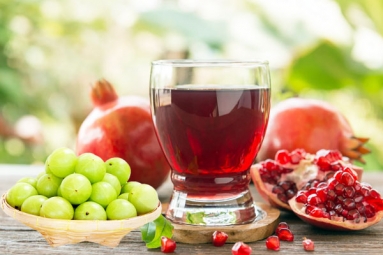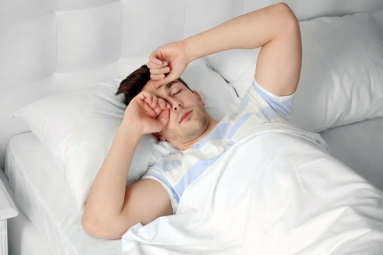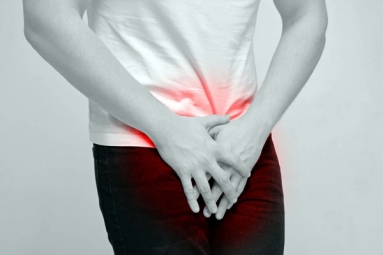
(Image source from: Canva.com)
If you think that your stress isn’t connected to how much water you drink, you might want to reconsider. A recent study shows that drinking under 1.5 liters of water a day can significantly raise cortisol levels, which is the primary hormone related to stress in the body. A report from Hindustan Times mentions that research published in the Journal of Applied Physiology by researchers at Liverpool John Moores University reveals that not drinking enough fluids can enhance the body's stress reactions and might cause long-term health problems. The study, which examined how daily water intake affects stress, found that adults who consumed less than 1.5 liters of liquids daily had over a 50 percent stronger cortisol response to stress compared to those who drank adequate amounts. The study notes that regularly drinking low amounts of fluids and being poorly hydrated increases cortisol responses during acute stress, which could have consequences for long-term health.
Within the Study
Sample Size: They looked at 62 healthy adults.
Groups: 32 individuals were divided evenly into groups with high and low fluid intake.
Procedure: Both sets of participants maintained their usual drinking habits for a week.
Stress Test: Participants went through the Trier Social Stress Test (TSST), which involves activities like speaking in public and solving math problems.
Researchers Daniel Kashi and Neil Walsh found that although both groups displayed similar levels of anxiety and heart rate increases, the group with low fluid intake experienced a much sharper rise in cortisol levels.
Health Risks of Elevated Cortisol:
Cortisol spikes linked to not drinking enough water can lead to:
A higher chance of heart disease
A higher possibility of kidney damage
An increased risk of developing type 2 diabetes
The study warned that ongoing stress combined with dehydration could worsen health risks for those dealing with stressful jobs, financial pressure, or family obligations.
How Much Water Is Adequate?
The UK’s National Health Service (NHS) suggests that people drink six to eight glasses of fluids daily, which can include water, drinks without sugar, tea, and coffee.
However, individual needs might differ due to:
Age and size of the body
How active a person is
If someone is pregnant or nursing
Hot or humid conditions
Health issues or recovery needs
Checking Hydration Levels
Interestingly, the researchers discovered that individuals who drank less water did not feel thirstier than others. Instead, they showed signs like darker and more concentrated urine, indicating dehydration. The researchers emphasize that staying hydrated is just as essential as getting enough sleep, eating right, and being active when managing stress. Being properly hydrated, they noted, could help reduce stress responses and prevent future health concerns.







